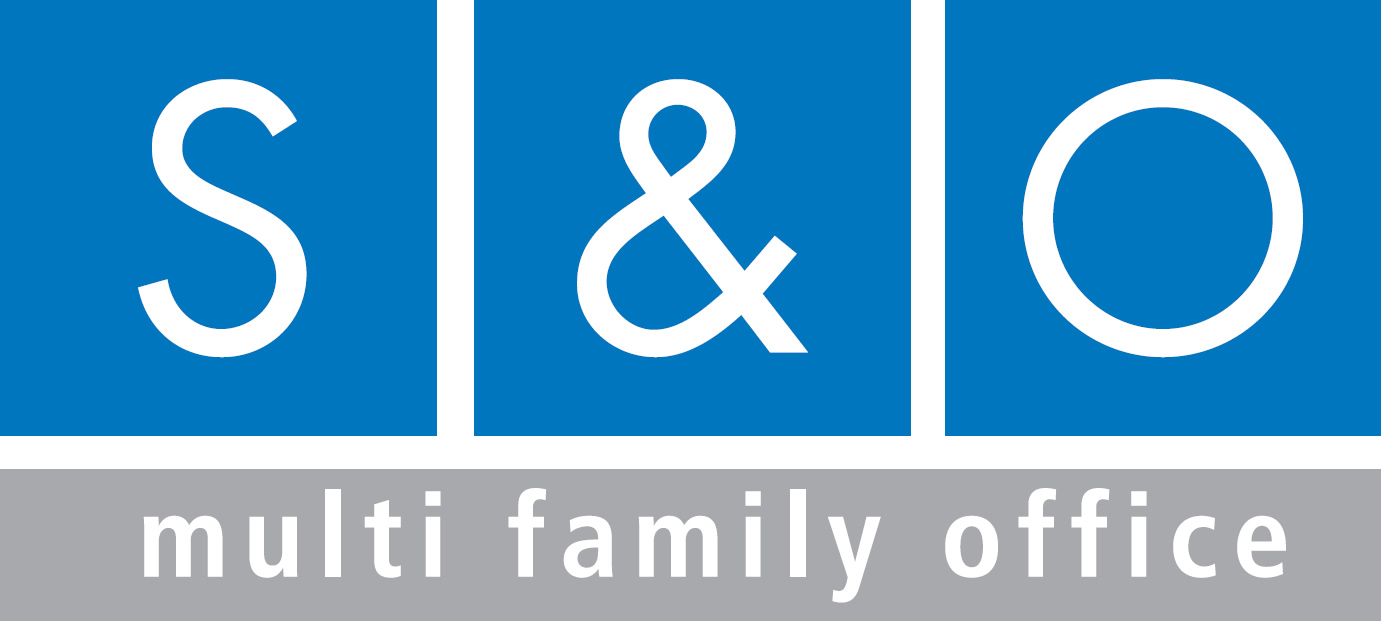Global expert Lusardi shows importance of learning now to benefit later
US-based Italian economist on a quest to improve the public’s understanding of money
MILES JOHNSON — ROME
The world, financially speaking, once appeared a simple, innocent place. Savers could put money into bank accounts and earn a reasonable rate of interest, building their nest egg over time. Workers in developed countries would toil away in the knowledge that their retirement needs would be met by employer-backed pensions and the state.
Since the US-based Italian economist Annamaria Lusardi, a world expert on financial literacy and professor at George Washington University, began to devote her career to studying financial literacy, these reassuring certainties have melted away. The average worker in a rich country must now take full responsibility for ensuring they have enough resources to pay for old age.
“Younger people are facing a much more complicated financial situation than their parents,” Lusardi said.
“The pension will have to be at least partly private. And current demographics around the world mean governments will not be able to keep up the pensions that were given to previous generations.”
For Lusardi, the need for widespread education on how to save and manage money is greater than ever. Yet when she and her colleagues began 20 years ago to try to measure how much Americans knew about personal finance, they realised the topic was not taken particularly seriously by mainstream economics.
“Economists . . . assume that when someone faces a really important financial decision they find a way to make the correct, rational choice no matter how,” she said. “But we have seen that is not true. People make bad decisions.”
Lusardi and her colleagues collated answers to basic numeracy and financial literacy questions in the 2004 US Health and Retirement Study, a survey of the over-50s, to map the basic level of financial education. The results were not encouraging.
Only around half of baby-boomer respondents with the largest amount of savings, financial assets and amassed financial experience could answer a question that involved dividing $2m by five.
Lusardi found that financial literacy among the young was even worse. Yet the explosion of online day trading and cryptocurrency speculation has meant the young are more vulnerable to immolating their savings, or even getting into trading-related debt, than ever before.
Her work has also shown that being richer and making a large amount of money in a short period does not always insulate people from making financial mistakes.
Given this evidence, Lusardi has increasingly applied her research to promoting the expansion of financial education in schools worldwide. She was appointed an adviser to the Italian government on financial education in 2017 and worked in the Office of Financial Education at the US Treasury.
Lusardi began work in 2019 on an educational project in Paglieta, a small town in Italy’s Abruzzo region, where, alongside a local school, she and other experts gave talks on financial literacy topics in the town hall to children, parents and grandparents.
Students were encouraged to discuss business ideas and make financial plans. Some older students grew vegetables and sold them in the local market to understand operating a business.
Stella Marchionno, a local organiser in Paglieta, said the children learnt about small, seemingly innocuous financial products they would be likely to buy later in life, such as insurance policies.
“It is very, very important for the children, as in regular school they normally learn nothing about these things,” said Marchionno. “They were very enthusiastic, and brought forward their own ideas and did a lot of studying on their own as well.”
Lusardi’s father, an entrepreneur, would often take her with him to business meetings. “Discussions about economics and finance are something I always had in my house. I didn’t realise back then how important it was to sit there and be exposed to those ideas.
“It is critical to have financial education in schools,” she says. “Not all parents will be talking to their kids about these topics. And many parents are not very financially literate themselves. If you don’t have this knowledge then it is hard to achieve it, and [you] decide ‘This isn’t for me’.”
Lusardi’s research has also shown there is often a large disparity in levels of financial education between genders.
“The statistics . . . show a huge divide between men and women . . . around the world. Money might be a topic people are uncomfortable talking about, it might create a lot of anxiety. This is why people have to talk to their kids about money, and in particular to daughters.”
Lusardi likens allowing children to go into the world with no financial education to letting people drive with no driving licence. “People need to know the rules of the road. Will this mean we have no traffic accidents? No. But imagine what would happen if we had no driving tests?” she says.
“We need people to know the ABC of finance, otherwise we will have so many accidents. Not everyone will always make good decisions, but at least they will have the basic tools they need.”
‘It is critical to have financial education in schools. Not all parents will be talking to kids about these topics’
© RIPRODUZIONE RISERVATA

Articolo tratto da “Financial Time” del 07/10/2021
